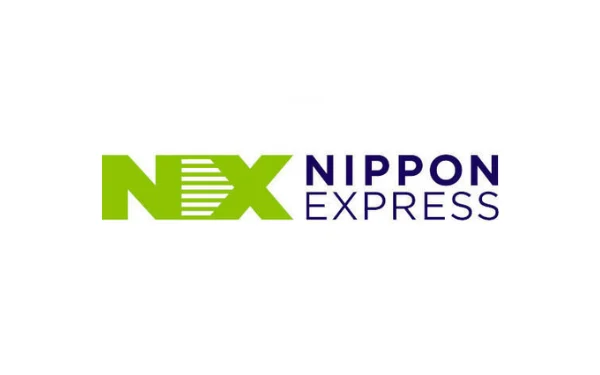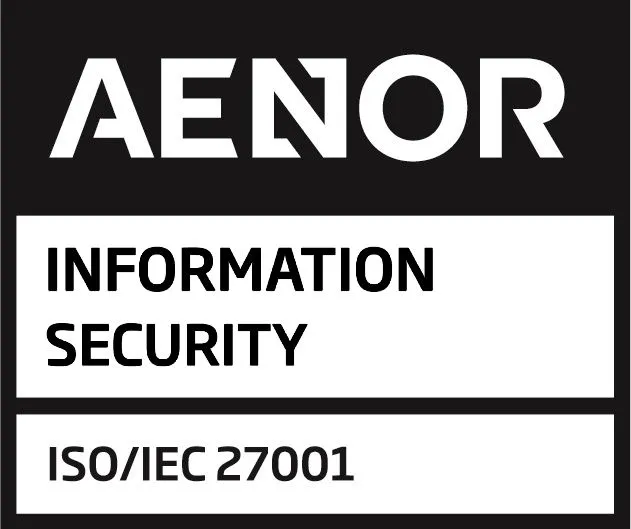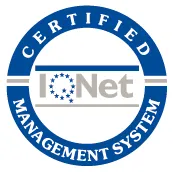
Whistleblowing is not a new phenomenon but it has become an increasingly important part of the employment law landscape. In recent years an increasing number of laws have been implemented throughout Europe in order to protect whistleblowers. In April 2018, the European Commission proposed a new Whistleblowing Directive, which aimed to create consistency across the EU with regard to whistleblower protection. As of 2023, Spain implemented la Ley 2/2023, de 20 de febrero, while England passed the Public Interest Disclosure Act in 1998. Within these laws countries are required to provide safe whistleblowing channels. One of these channels is a Whistleblower Mailbox. Let’s take a look at what this is.
Table of Contents
What is a Whistleblower mailbox?
A Whistleblower mailbox is, first and foremost, a communication tool. Yes, a tool that allows employees, suppliers and customers to report irregular conduct. Now, employee complaints must be channelled confidentially and simply. Thus providing a secure channel for ethical concerns to be effectively communicated and addressed.
Why is a Whistleblower Mailbox important?
A whistleblower mailbox is a fundamental tool for detecting severe situations in a company. Be it corruption, fraud, labour harassment, discrimination and other behaviours that negatively affect a company and its employees. The whistleblower mailbox serves as a secure and confidential means for expressing ethical concerns. This enables organisations to take preventive and corrective measures to ensure an ethical and transparent work environment.
Create spaces for your team to talk. Communication mailboxes can be your best tool against burnout.
What are the requirements for the implementation of a Whistleblower Mailbox?
The implementation of an effective whistleblower mailbox requires a design that guarantees two elements: confidentiality and security. It should allow complaints to be made anonymously and protect the personal data of complainants. In addition, companies must guarantee at least two conditions. One is that there will be no retaliation for whistleblowers, and another is that steps will be taken to resolve reported cases. It may also be possible for complainants to receive compensation for damages suffered.
The ten fundamental requirements of a whistleblowing channel:
- Facilitation of information transmission: The channel should allow for the easy and rapid communication of information relating to infringements.
- Confidentiality guarantee: The channel should safeguard the confidentiality of all those involved in the reporting process.
- Communication flexibility: The channel should offer the possibility to submit information both verbally and in written form.
- Channel integration. All information channels that can be created for this purpose should be integrated within the company.
- Effective handling of communication: The channel must guarantee effective handling of information within the entity.
- Independence: The information system must be independent and clearly distinct from other internal information systems.
- Appointment of a responsible person: The company should assign a person to be responsible for the whistleblowing system.
- Establishment of principles: Policies related to the principles of the whistleblowing system and whistleblower protection should be defined.
- Establishment of procedures: Procedures for the management of all information received must be established.
- Safeguards for protection: The company should put safeguards into place to protect whistleblowers within the organisation.
We have already understood what it is, its importance, and the requirements for implementing a whistleblower mailbox. Let us now talk a little about the Whistleblowing Act.

The fundamental Pillars of Spain’s Ley de Whistleblowing
The Whistleblowing Act establishes a regulatory framework to govern the protection and handling of complaints. Especially in the business environment. Its key elements include:
- Mandatory implementation of a whistleblower channel: All public and private entities with 50+ employees must include a whistleblower mailbox or other whistleblowing channel.
- Whistleblower protection: The law seeks to protect whistleblowers from possible retaliation. Any act of retaliation, such as discrimination or dismissal, is considered illegal.
- Independent authority: An independent authority is established to oversee and ensure compliance with the law. This ensures fairness and efficiency in the complaint process.
Who does the Ley de Whistleblowing protect?
The Ley de Whistleblowing protects the following:
- Public employees or employed persons
- The self-employed
- Shareholders and persons belonging to the Board of Directors
- Management and the supervisory body of a company, including non-executive members
- Any person working under the supervision of contractors, subcontractors and suppliers
Accordingly, any reported labour infringement is considered to be valid, including:
- Within an employment relationship that has already ended
- Within an employment relationship that has not yet begun (violations in the recruitment process)
- Persons who are volunteers, trainees, apprentices, interns etc.
- Legal representatives of employees in advisory and support positions
- Individuals assisting the informant in the reporting process
- Individuals such as family members or colleagues who may suffer retaliation for the whistleblower’s actions
- Natural persons who have the capacity to influence the legal entity in which the whistleblower is involved
Infringements
The Whistleblowing legislation includes the following as infringements at a European level:
- Those listed in the Annexe to Directive 2019/1937 of the European Parliament and of the Council
- Those that affect the financial interests of the EU, particularly those specified in Article 235 of the Treaty on the Functioning of the European Union (TFUE)
- Infringements related to powers and aid granted by the States
- Those that are criminal or administrative infractions of a severe nature. That is to say, that imply economic losses for the Treasury and Social Security.

Who must comply with the regulations?
It is important to clarify that failure to comply with the Whistleblowing Act carries legal and financial penalties. Penalties that may even be of a criminal nature depending on the seriousness of the infraction. Fines, on the other hand, can reach up to one million euros for companies. But in addition to the penalties, there is an even worse consequence: the loss of employee trust and credibility.
When employees feel that they cannot report a problem without negative consequences for their careers, they lose confidence in the company altogether. This, in turn, can result in decreased productivity, engagement and job satisfaction. A whistleblower mailbox is not only to avoid a fine but also to generate a climate of trust.
As a little reminder, with Vip District, the implementation of a whistleblower mailbox is easy. This is because one of our products, Vip Connect, has it built in. In other words, with Vip Connect, you will not only have a proven corporate social network. No. You will also be guaranteed compliance with the Whistleblowing Act. And you’ll have the most important of all, engaged employees in a work environment. This translates into more efficient and loyal employees.
New to Vip District? Contact us and find out what our platform has to offer!








